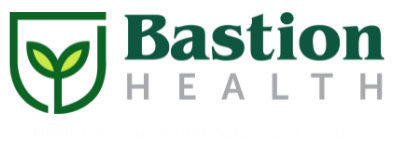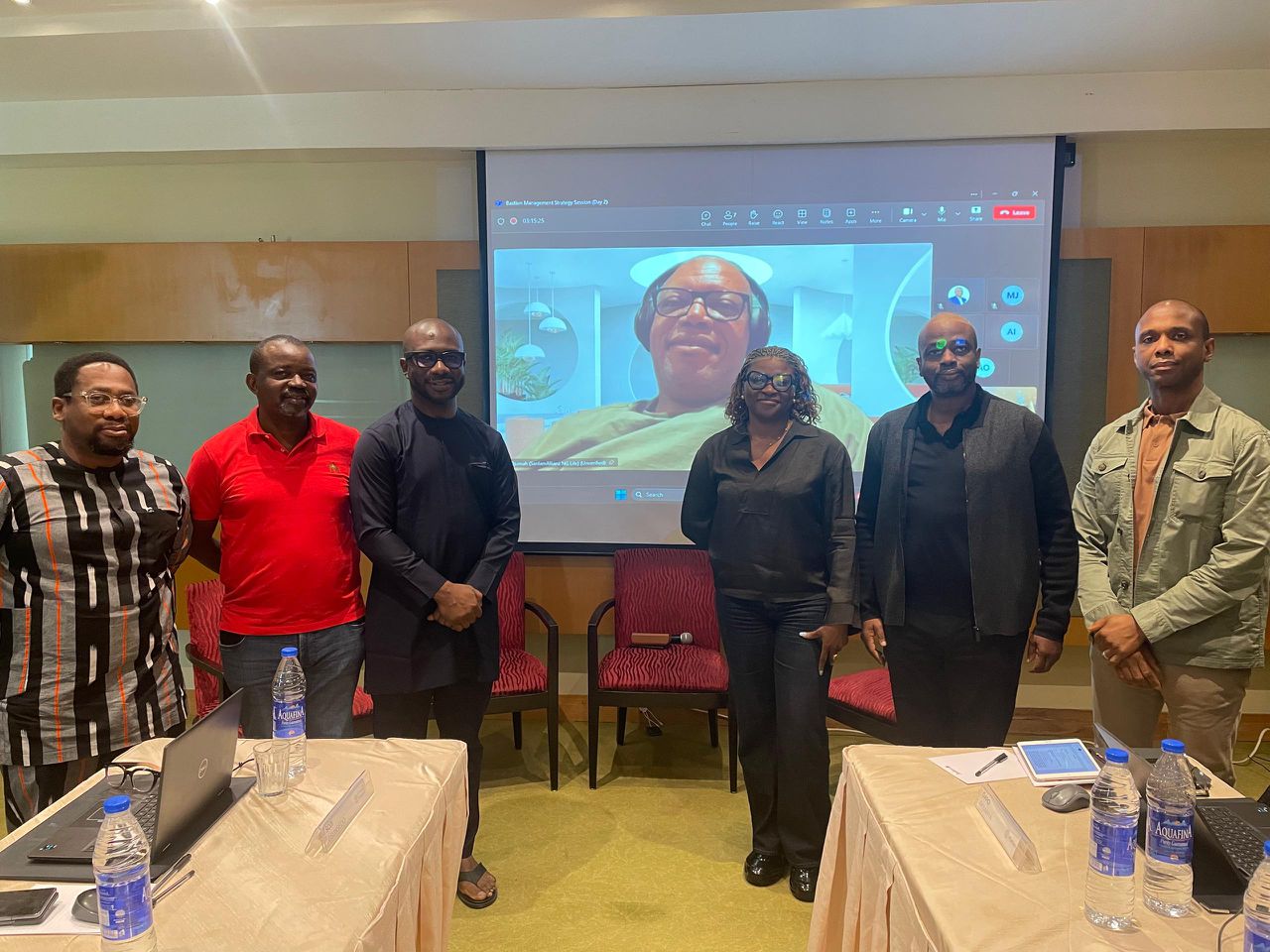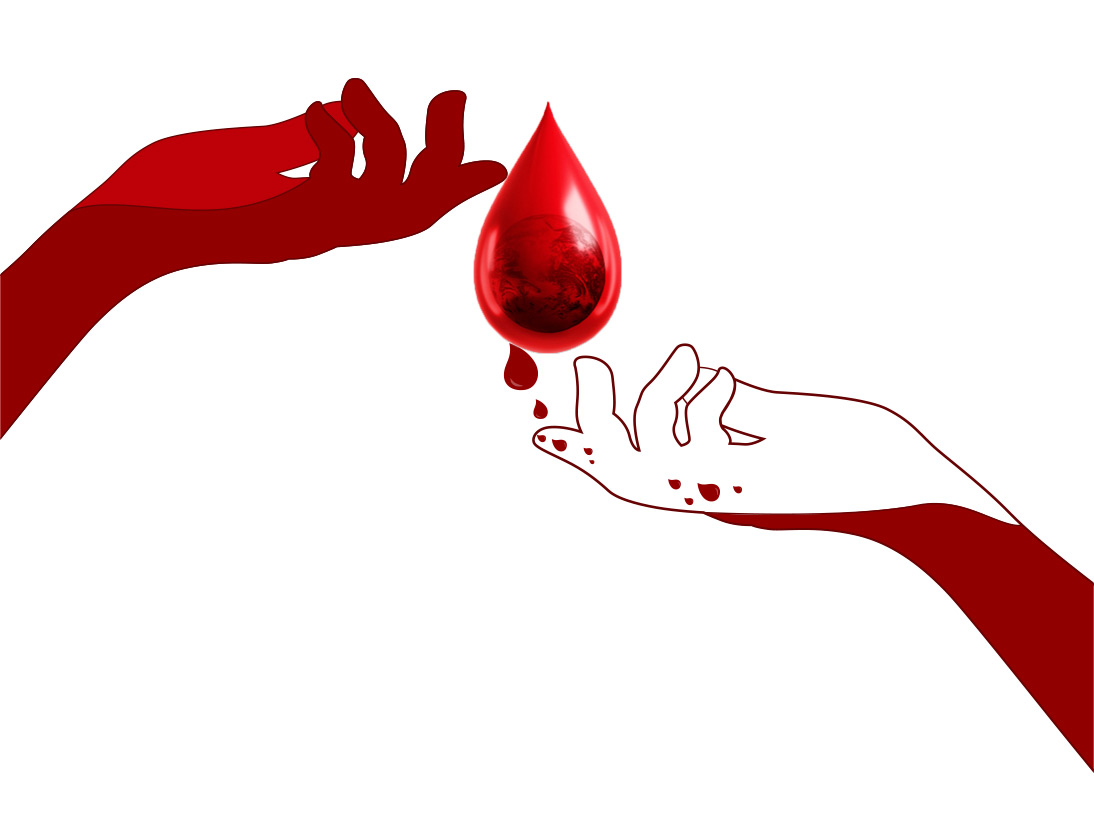I know you just said, “God forbid,” but it’s not just about that; it is about action. This silent epidemic is fueling skyrocketing rates of heart disease, diabetes, and other chronic conditions that will overwhelm healthcare systems, including Nigeria’s already struggling infrastructure.
The global economic impact of obesity is projected to reach $4.32 trillion in 2035, further straining healthcare systems, including Nigeria’s overburdened facilities. Even more concerning is the expected 100% increase in childhood obesity between 2020 and 2035, signaling an urgent need for interventions targeting young people.
-
Food Environment & Nutrition: The influx of ultra-processed foods, high in sugar and unhealthy fats (aka the noodles and pastan), has led to excessive calorie consumption. Fast food chains and packaged snacks are more accessible than fresh, whole foods, making healthy eating difficult for many Nigerians.
-
Urbanization & Sedentary Lifestyles: Lie to yourself that you’re reading this in a standing position. We are always sitting, Netflixing, and chilling, and let’s not even talk about traffic! And for those of us who own cars (I don’t get it yet, but I have faith!), our reduced physical activity contributes to weight gain.
-
Limited Access to Healthcare & Weight Management Solutions: Effective obesity management requires access to healthcare professionals, nutritionists, and weight-loss treatments. However, in Nigeria, medical interventions such as Ozempic, Mounjaro, and other GLP-1 receptor agonists widely searched and used globally for weight loss are not yet widely accessible or affordable to the average citizen.
-
Cultural & Societal Perceptions of Weight: In many Nigerian communities, being overweight is often associated with affluence and good living. We like “assets,” e.g., big thighs, large hips, and sizeable butts, which is just a nice name for excess fat storage. We like it so much that Brazilian butt lifts are on the rise. This cultural mindset discourages conversations around healthy weight management, making obesity awareness campaigns
-
Healthcare Innovations & Accessibility: Expanding access to telemedicine solutions like Octodoc, which connects Nigerians with doctors and nutritionists for personalized weight management guidance.
-
Public Health Campaigns & Education: Raising awareness of the risks of obesity and the benefits of healthy lifestyles through nationwide campaigns.
-
Workplace & School-Based Interventions: Encouraging employers to support employee wellness programs and ensuring school meal programs prioritize nutrition.
Platforms like Octodoc are instrumental in bridging the healthcare gap. Through telemedicine, Nigerians can access expert advice on diet, exercise, and medical weight-loss solutions like Ozempic and Mounjaro, which are becoming increasingly popular for managing obesity and related conditions like type 2 diabetes.
-
Suffering from Obesity? Consult a healthcare professional for a personalized weight management plan via Octodoc.
-
Incorporating more whole foods and exercise into daily routines.
-
Advocating for healthier environments in workplaces, schools, and communities.









